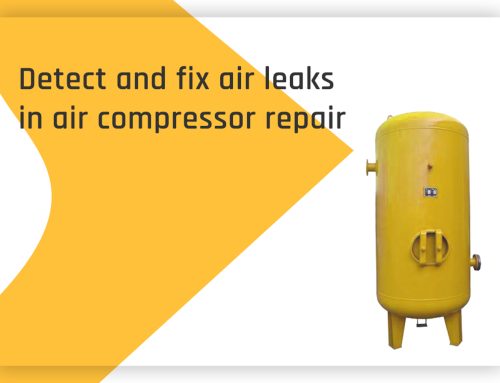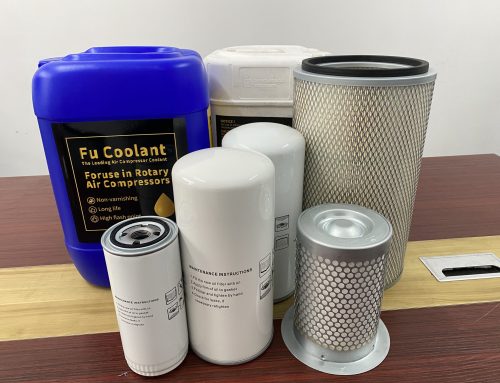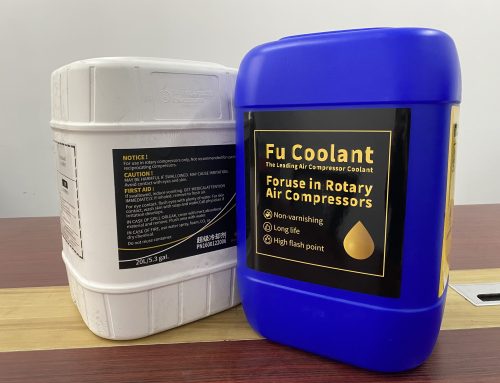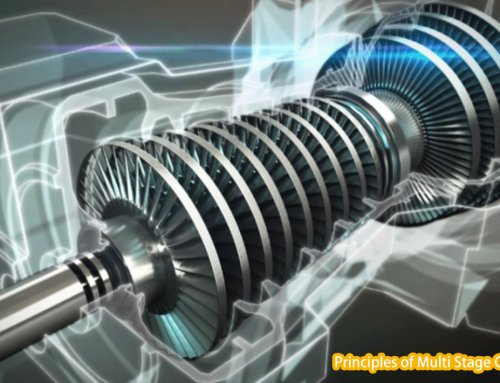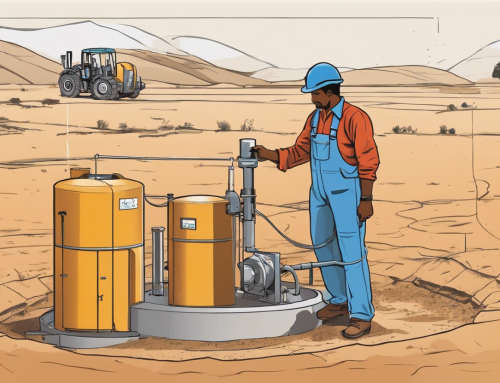
Piston air compressor and screw air compressor is now the user to use more of the two compression equipment, so what is the difference between the two? When choosing an air compressor, is it better to choose a piston or a screw? Here’s the difference in detail.
The structure is not the same
Screw air compressor structure is different screw air compressor by the screw server, motor, oil and gas separator, oil pipeline system software, refrigeration system, branch pipeline system software and automatic control system for electrical equipment and other components. Piston (reciprocating) compressor consists of air compressor server, refrigeration system, adjustment system software, air intake system, valves, motors and control systems and other components.
different performance
Screw air compressor has a small vibration, without ground screws fixed in the basic, low motor power rating, low noise, high efficiency, smooth exhaust, and no spare parts and other advantages. Piston rod air compressor all normal conditions after the reduction of the vapour base performance appraisal no oil stains, do not need to add oil equipment.
The defects of the equipment for the motor rated power is large, the exhaust pipe working pressure is not enough smooth, exhaust pipe temperature is high, noise is large, the maintenance of labour is large, overhaul cost is high.
The common failure is different
Screw air compressor common failure is less, only need to do maintenance on time, remove and replace the air filter, oil filter and oil-air separator, etc., you can all normal operation. Piston (reciprocating) air compressor because of incomplete oil drainage, sealing is not very good, resulting in frequent oil run to the filling material equipment and even the engine piston, so as to reduce the gas oil content.
In addition, the exhaust pipe temperature is high, sometimes up to 200 ℃; refrigeration blockage, so that the actual effect of refrigeration is not very good; engine piston sticky oil stains, especially easy to wear out the valve, cylinder wear out, and so on.



